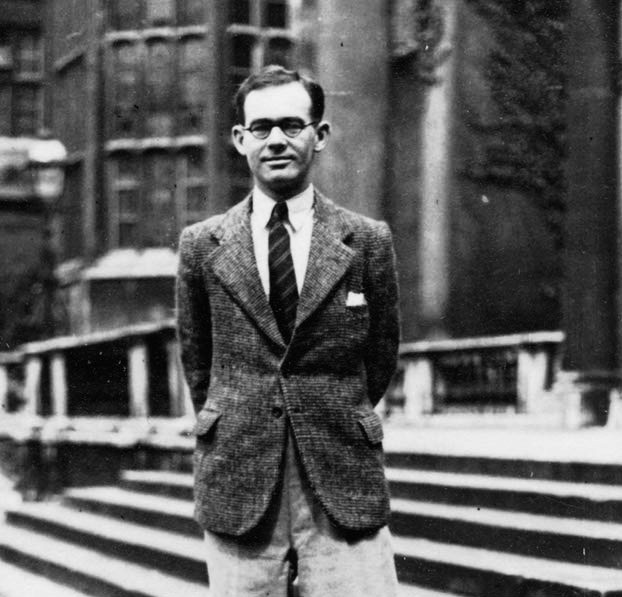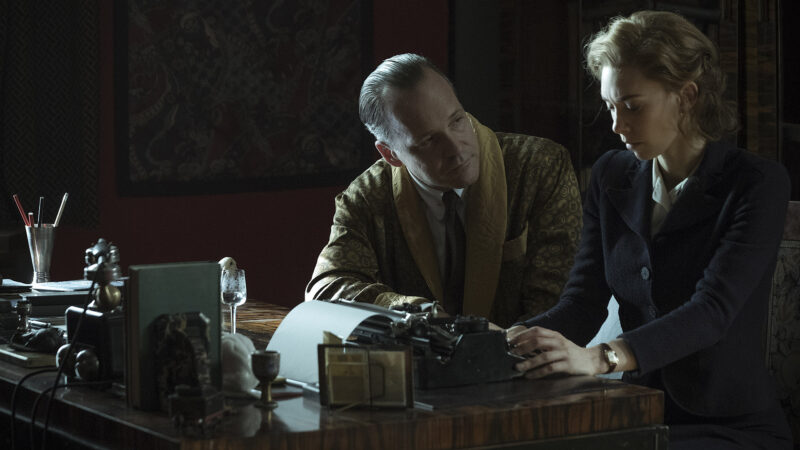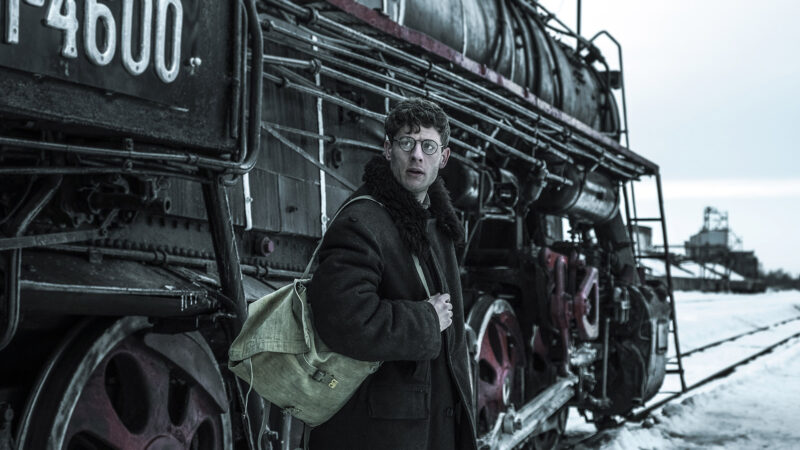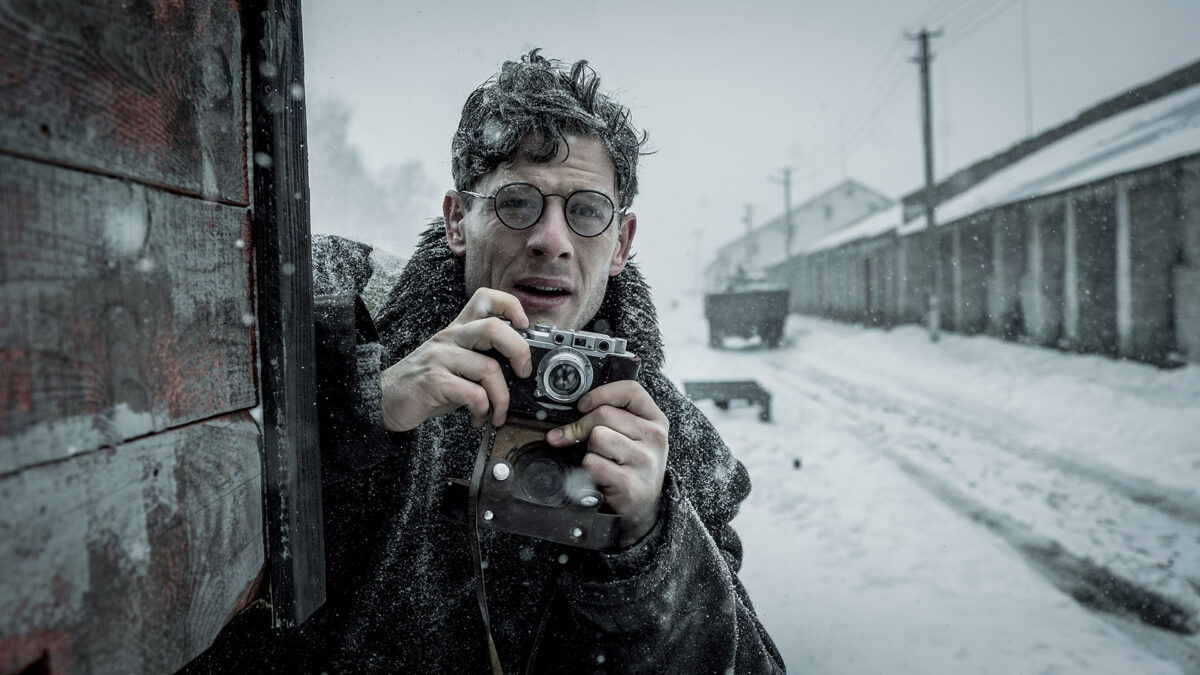Unless you’re very familiar with the Soviet Union and the foreign correspondents who covered it during the 1930s, Gareth Jones’ name does not ring a bell. Yet Jones, a Welsh reporter, left a lasting legacy in the annals of journalism.
He was the first to produce an eye-witness account of the famine in Ukraine that killed millions of people from 1932 to 1933. And having exposed Joseph Stalin’s totalitarian communist regime, he served as an inspiration for George Orwell’s 1945 allegorical novella, Animal Farm.
Agnieszka Holland, the Paris-based Polish movie director, explores this topic graphically in Mr. Jones, which will be available online in EST format on June 19 and in VOD form on July 3.

James Norton, the British actor, portrays Jones, who, in the first scene, delivers an animated lecture about current affairs to a closed meeting of skeptical politicians. Jones, the foreign affairs advisor to David Lloyd George, the former prime minister, has issued a warning of Nazi Germany’s aggressive designs in Europe and the need for Britain to establish an alliance with the Soviet Union.
Jones, having reported from Germany after Adolf Hitler’s accession to power in 1933, is an acute analyst of European politics. But his broad knowledge does not shield him from dismissal from his job during a Depression-era austerity drive.
Having been rendered unemployed, Jones travels to Moscow as a freelancer, hoping to bag an interview with Stalin, who’s allergic to reporters. Jones asks Walter Duranty, The New York Times’ resident correspondent, to assist him. As Jones gets to know Duranty, he meets his sullen assistant, Ada (Vanessa Kirby).

Duranty (Peter Sarsgaard), a libertine who throws house parties sprinkled with scantily-dressed women, is the most famous foreign correspondent in the Soviet Union, having won the 1932 Pulitzer Prize for international reporting. The Soviet nomenclatura treats him with respect due to his friendly attitude to the Bolshevik state, which is still scrambling for overseas recognition 16 years after the revolution.

Holland portrays Soviet society as repressed, secretive, corrupt and in thrall to its supreme leader, Stalin, whose face adorns cult-of-the-personality propaganda posters and murals. Jones, having been evicted from his hotel after two nights, must bribe a clerk to find a room in another hotel. While he and a Foreign Ministry official dine on delicacies in a fine restaurant, Moscovites queue for essentials in front of nondescript shops.
Thanks to Duranty’s intervention, Jones is permitted to travel to Ukraine with a minder. Normally, journalists are not allowed to venture outside Moscow without government permission. En route to his destination, he walks into a rancid railway car jammed with ordinary folk and trades a loaf of bread for a man’s jacket. It’s Jones’ introduction to hunger on a massive scale in the Soviet Union.
Stealing away from his minder, Jones disembarks in a small town and trudges by several frozen corpses in the snow. As he continues his impromptu tour, he passes a man in a horse-drawn wagon picking up dead bodies on the side of the road. Soon he finds himself in a bleak landscape of snowdrifts and ramshackle wooden cabins inhabited by starving peasants. These scenes are evocative of the hopelessness Jones encounters in this remote corner of the country.

Jones is arrested, but is released on the understanding that he will remain silent upon his return to Britain. Jones, impressively portrayed by Norton, denounces Stalin and his policies and exposes the Holodomor, the man-made famine in Ukraine.
Duranty, his blinkers blinding him to reality, claims that Jones’ assertions regarding the famine are “preposterous,” prompting Jones to write an expose about it for the Hearst newspaper chain.
This blot on Soviet history, this Ukrainian tragedy, is at the heart of Mr. Jones, which pays tribute to a daring journalist dedicated to ferreting out the truth, no matter the cost.
